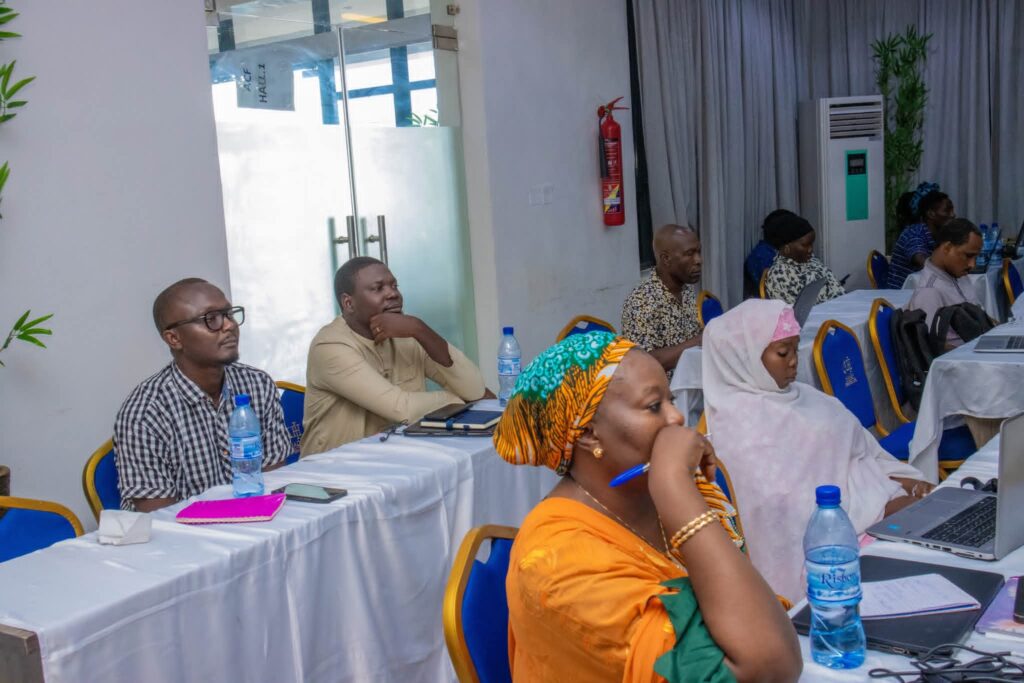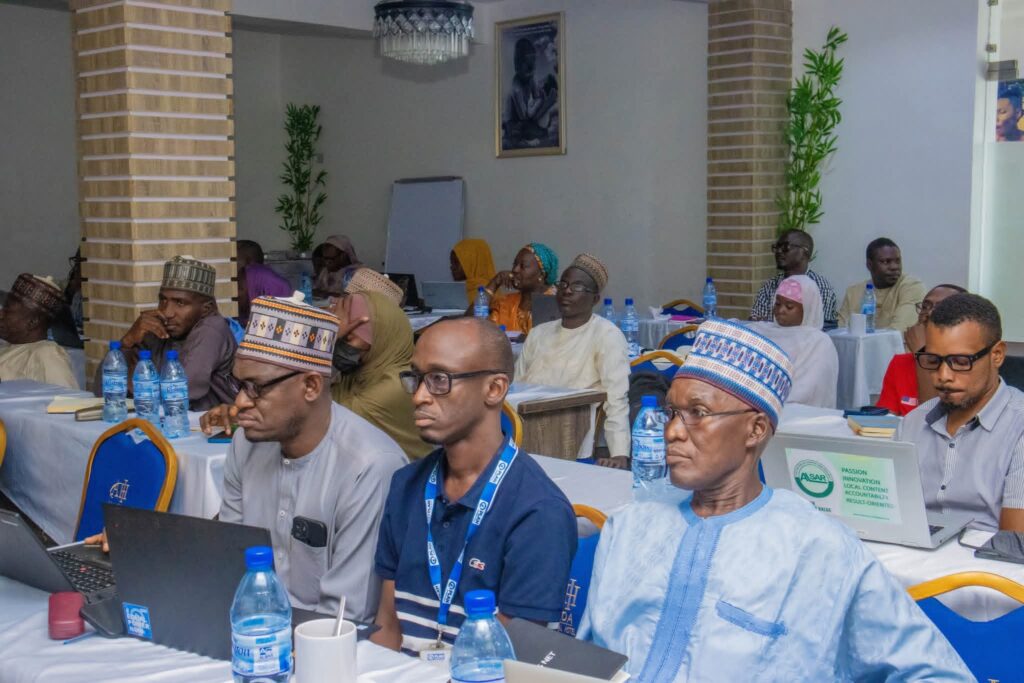Nigeria Ramps Up Hunger Response as FAO and FMAFS Map At-Risk Populations Across 26 States.
By Raymond Enoch
In a concerted effort to tackle rising food insecurity, the Federal Ministry of Agriculture and Food Security, in partnership with the Food and Agriculture Organization of the United Nations (FAO) and key humanitarian actors, has commenced the latest round of the Cadre Harmonisé (CH) analysis to identify populations at risk of hunger across 26 Nigerian states.

The Cadre Harmonisé, a unified tool for analyzing food and nutrition insecurity, is being conducted as part of Nigeria’s broader strategy to strengthen coordination and ensure that interventions are grounded in robust, data-driven evidence. The ongoing assessment provides a critical foundation for timely and targeted humanitarian and development responses.

According to officials, the primary goal of the analysis is to identify vulnerable communities, prioritize emergency interventions, and guide policies that will ultimately protect lives, restore livelihoods, and reduce food insecurity nationwide.
“This exercise is vital for ensuring that no one is left behind,” said a representative from the Federal Ministry of Agriculture and Food Security. “It allows us to strategically deploy resources to areas where the needs are greatest and design interventions that have a real, lasting impact.”

The collaborative effort involves data collection and analysis from state-level technical working groups, comprising government agencies, UN bodies, and NGOs. The findings will inform both immediate humanitarian action and longer-term strategies for food system resilience.
FAO’s involvement reflects its ongoing commitment to supporting Nigeria in achieving the Sustainable Development Goals, particularly SDG 2 – Zero Hunger. The organization emphasized the importance of partnerships in tackling hunger, under the banner of its #4Betters approach: better production, better nutrition, a better environment, and a better life.
With millions of Nigerians facing acute food insecurity due to conflict, climate change, economic shocks, and displacement, the results of the Cadre Harmonisé analysis are expected to guide crucial decisions in the months ahead — including food assistance planning, agricultural support, and nutrition interventions.
As the country confronts these multifaceted challenges, stakeholders stress that timely and targeted action, backed by credible data, remains essential to preventing further deterioration of the food security situation.









